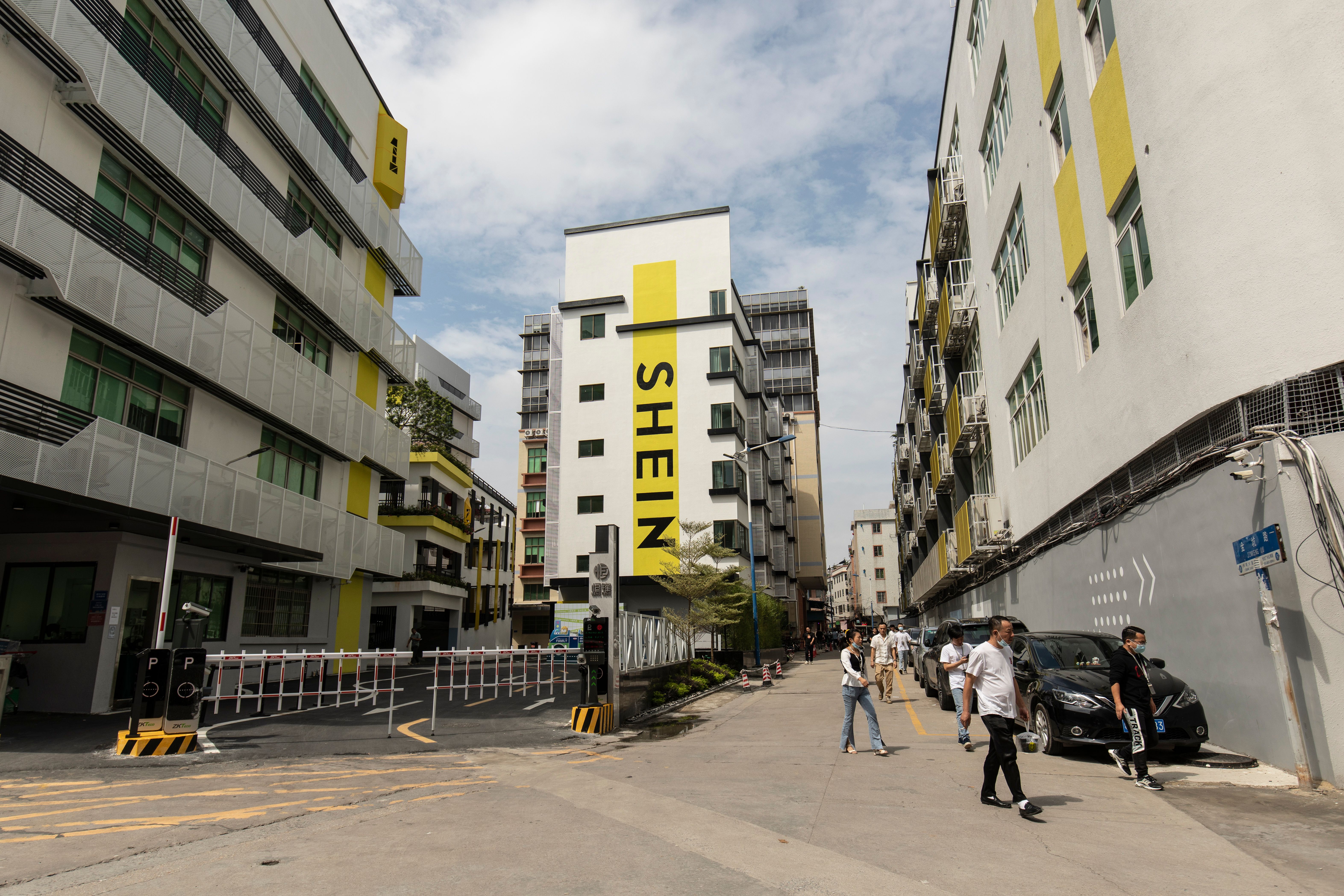Follow-up investigation in China refutes Shein’s promise of improvement
Zurich, Lausanne, May 13, 2024
 ©
panos
©
panos
Some investigations produce such explosive results and provoke such reactions that you need to go back later and review the situation. All the more so when it involves the leader in the highly controversial ultra-fast fashion industry, which, since we reported on the scandal 2021, has repeatedly vowed to its employees, customers and investors to improve working conditions. However, the interviews with 13 employees in Guangzhou, where Shein manufactures many of its goods and where also the latest survey has been carried out, paint a different picture. Working from 8 o’clock in the morning until late at night is still the bitter reality for the mostly small supplier companies. The 12-hour days they work on at least six, but usually seven days a week are contrary to Chinese labour law and the company’s own code of conduct for suppliers, which permits only a maximum 60-hour working week.
Since the overtime excesses disclosed by Public Eye two and a half years ago were confirmed by leading international media, Shein has invested massively in reputation management. This includes the report about a factory audit in which the companies SGS, Intertek and TÜV Rheinland, commissioned to carry it out, supposedly made the assessment that: “Shein clearly takes their responsibility in ensuring that the workers employed by their suppliers’ factories receive fair wages for the work completed”. Since early 2023, this quote has disappeared from Shein’s website, while TÜV Rheinland says that it has never issued such a statement. The two previous sustainability reports can also no longer be found either on the Shein website. And this is shortly before the third one is due to be published.
Even more intricate than in 2021 is Shein’s current network of companies, whose sales figures remain obscure. This is borne out by data obtained by Public Eye from commercial registers in Singapore, Hong Kong and Ireland, which has been incorporated into an updated organisational chart. It has also only come to light now that the legendary company founder Xu Yiangtian stepped down from the Board of Directors of the “Roadget Business”, which apparently operates as its business headquarters, a year ago. Such examples highlighting the lack of transparency are unlikely to inspire confidence in new investors, which Shein is apparently looking for in view of its plans for an IPO, any more than they do in politicians. Some parliamentary initiatives in various countries, including Switzerland, are showing the right way to tackle this. However, effective regulation of the global fast fashion industry is still a long way off.
More information here or from:
Oliver Classen, Media director, +41 44 2777 79 06, oliver.classen@publiceye.ch
David Hachfeld, Textiles expert, +41 44 277 79 14, david.hachfeld@publiceye.ch

